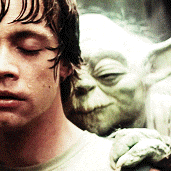Star Wars, as an iconic franchise, has had a significant impact on popular culture since its inception in 1977. The series is not just about space battles and Jedi Knights; it also delves into various social issues that resonate with audiences worldwide. From themes of rebellion against oppressive regimes to the struggle for equality, Star Wars has much more to offer than meets the eye.
In the original trilogy, we see a clear representation of class disparity between the Rebel Alliance and the Galactic Empire. The Rebels are portrayed as underdogs fighting for freedom against an oppressive regime that values power over justice. This reflects real-world struggles such as civil rights movements where people rise up against unjust systems to demand equality.
Furthermore, Star Wars introduces us to diverse characters who challenge traditional gender roles and stereotypes. Princess Leia defies expectations by being a strong female lead capable of leading armies into battle while also displaying vulnerability when needed. Similarly, Rey in the sequel trilogy breaks barriers as she takes on traditionally male-dominated roles like piloting starships or wielding lightsabers with ease. These representations encourage viewers to question societal norms and strive for a more inclusive world.
In conclusion, Star Wars serves not only as an entertaining sci-fi saga but also as a mirror reflecting our own society's challenges and aspirations. Its exploration of social issues encourages dialogue about equality, justice, and the power dynamics that shape our lives both on screen and off.
